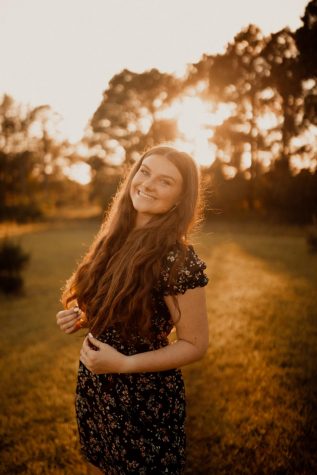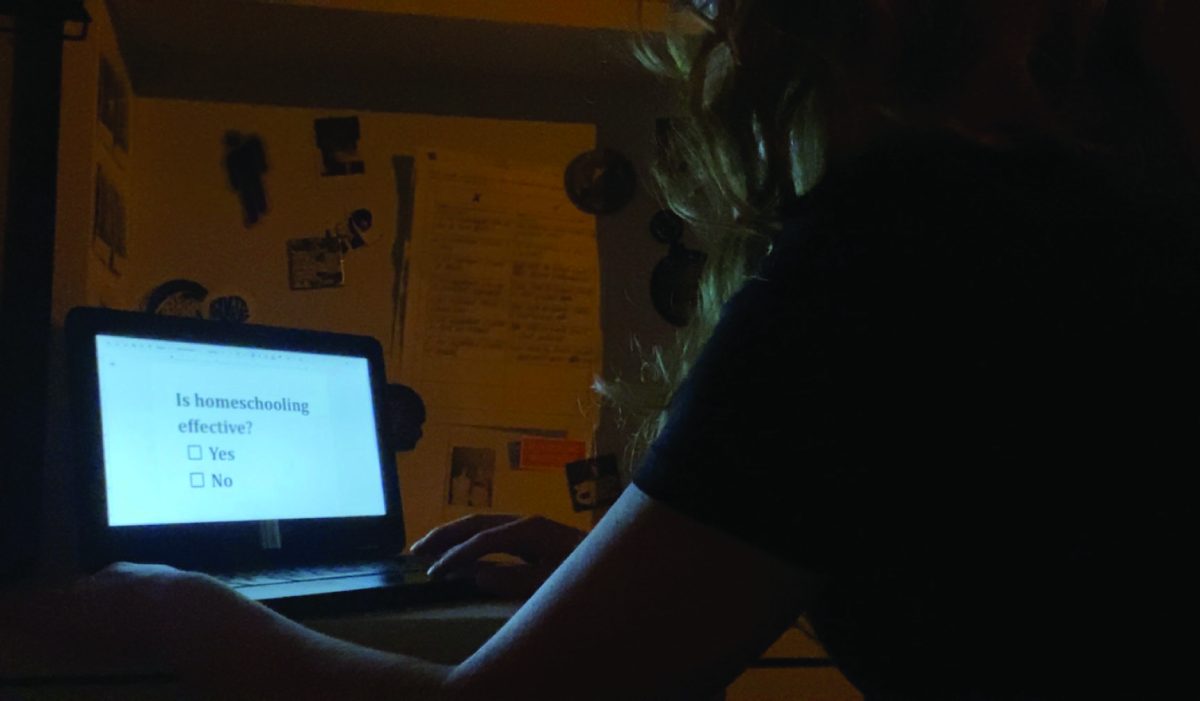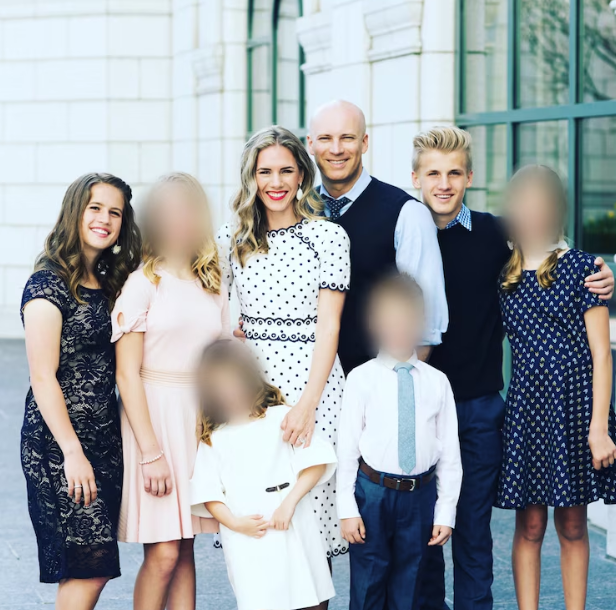Student Vaccinations

Graphic by Emily Stoner
May 18, 2021
It’s been over a year since COVID-19 was declared a global pandemic by the World Health Organization. Since then, COVID-19 has changed lives all over the world, and has made the past year stressful and difficult. With quarantine and the Centers for Disease Control and Prevention (CDC) guidelines and mask mandates, normalcy was lost in and out of school. After going online in March of 2020 for safety, Lincoln Public Schools’ high schools came back to school in the fall with a half in-person, half online attendance plan. As local COVID-19 rates decreased, seniors were able to come back full time attending school in-person starting February 2021. In the following month, all grade levels were able to come back to school. With schools returning to near full capacity and increasing vaccination ability, many aspects of life are feeling more normal again.
When the Pfizer and Moderna vaccines were first approved for Emergency Use Authorization, many people weren’t sure how quickly the vaccines would be available to people, especially those in younger age groups. However, on March 29, persons 18 and up in the state of Nebraska became eligible to be vaccinated. Quickly after, on April 5, those 16 and up also became eligible. With increasing eligibility, the amount of high school students who have been half or fully vaccinated has also increased. Lincoln Southeast (LSE) senior Brooklyn Burner, was able to get vaccinated through her work, which made her eligible early and offered a bonus to encourage vaccinations. For Burner, getting an appointment to be vaccinated was pretty easy.
“I had no idea I could even get it,” Burner said. “and I got mine the next day.”
However, getting the vaccine hasn’t been so simple for many other LSE Students. Many students are either below the age of 16 and have no approved vaccine options, or are old enough but unable to find an appointment to be vaccinated. As of April of 2021, studies are being done on the age range and efficacy of the Pfizer and Moderna vaccines, but neither have been approved for ages below 16.
LSE student Kimbal McClure (9), would love to be vaccinated, but is too young.
“I want to get vaccinated because I am high risk. I’m a type one diabetic,” McClure said. “That gives me a little bit of an urge to want it.”
Although McClure is too young to be vaccinated right now, she is hopeful that a vaccine will be approved for her age group soon.
“I’m hoping, because Pfizer has something going on, that hopefully the FDA approves it for my age,” McClure said.
For McClure, COVID-19 safety over the past year has been important for her to stay healthy.
“In the beginning I was double masking for a while, and trying to keep my distance with a lot of people,” McClure said. “I’ve just been trying to stick to all the guidelines that they give you.”
Now, as more people get vaccinated McClure has felt a bit more safe, but is also worried that some people may get too comfortable with a new sense of protection from COVID-19.
“I feel a little bit safer, but also… I feel like people will feel too safe. Because people that haven’t had the vaccine are like, ‘oh it’s fine, everybody’s vaccinated’, even though not everybody has it yet,” McClure said. “I feel like people are kind of easing off now, when we should still be wearing masks, and following all the rules.”
As vaccinations continue to be administered, it’s easy to start thinking about what the near future will look like. After over a year of COVID-19, these vaccines may be the light at the end of the tunnel in terms of how much life has changed.
“I’m hoping everyone gets vaccinated soon because I’m ready to be done [with COVID-19],” McClure said. “Whenever you can get your vaccine, you should get your vaccine… it’s important.”
Burner, who got her second dose of the Pfizer vaccine in early April said, “The first [dose], nothing really happened, my arm just hurt for a few days, but the second one, I just got super tired… [but] it’s a normal thing. You can fight it.”
After getting both doses of her vaccine, Burner is also looking forward to the end of COVID-19 precautions and quarantine.
“I’m happy this is all getting over with, because it’s kind of getting annoying. It [has] ruined a lot of things,” Burner said.
Burner recommends that people and students get their vaccine over with, “Just do your part,” Burner said.
As studies on the various vaccines continue, and eligibility and availability increase, the amount of vaccines administered in the U.S. will hopefully continue to grow. As of April 18, nearly 40 percent of the total population in the U.S. has received at least one dose of a COVID-19 vaccine according to the CDC. In addition, with 209 million total doses being administered to this point, the future is bright in terms of receiving vaccines, and hopefully further vaccine approvals regarding age.
So, despite how hard this past year has been in dealing with a global pandemic, vaccines have become available to many, and will substantially impact the COVID-19 numbers in the U.S., as well as the LSE community. No matter the age, belief or reasoning, the COVID-19 approved vaccines will have a substantial impact on how COVID-19 affects the future. Further information about the COVID-19 vaccines, data and appointment availability can be found at CDC.gov.









